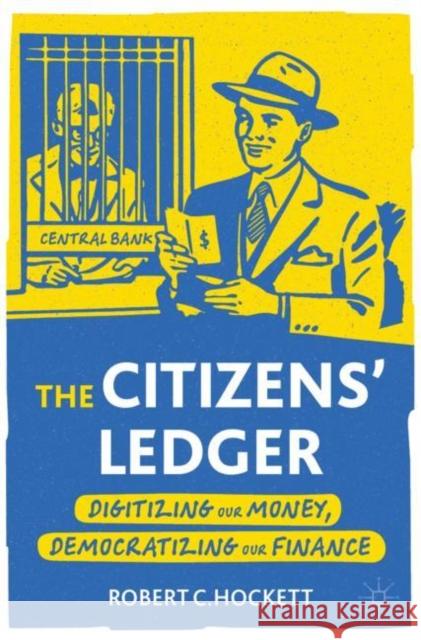The Citizens' Ledger: Digitizing Our Money, Democratizing Our Finance » książka
topmenu
The Citizens' Ledger: Digitizing Our Money, Democratizing Our Finance
ISBN-13: 9783030995652 / Angielski / Miękka / 2022 / 199 str.
Kategorie:
Kategorie BISAC:
Wydawca:
Springer Nature Switzerland AG
Język:
Angielski
ISBN-13:
9783030995652
Rok wydania:
2022
Ilość stron:
199
Wymiary:
23.5 x 15.5
Oprawa:
Miękka
Dodatkowe informacje:
Wydanie ilustrowane











